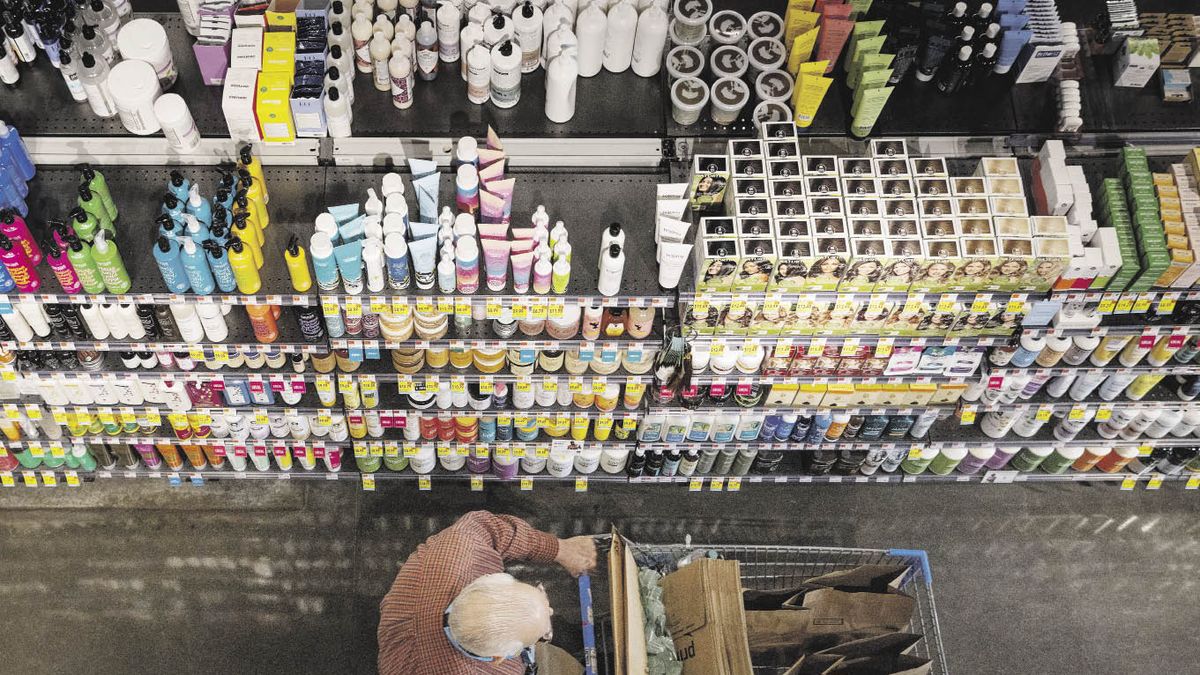Germany
The largest economy in the bloc and one of the most dependent on Russian energy, Germany, will be one of the most affected and the government’s economic advisers’ council yesterday reduced its growth forecast for this year by more than half, to 1 .8%.
“The risk of recession is considerable,” said Volker Wieland, one of the panel members, adding that it will now take until the third quarter for the economy to return to its pre-pandemic size.
The advisers, whose forecasts guide the government in setting fiscal policy, also predicted that inflation would double to above 6%. Yesterday it was learned that the consumer price index jumped to 7.3% year-on-year in March, a record since reunification in 1990.
Rationing?
While the government of Social Democrat Olaf Scholz launched an emergency plan for possible gas rationing in the event that supply from Russia is interrupted or cut (see separate note), Wieland said that Germany should work to end its dependence on Russian energy, possibly through a longer-than-expected nuclear power program. This would push up inflation for now, but would improve the long-term security of the country and the stability of the economy, he said.
Spain
Meanwhile, in Spain, one of the bloc’s largest economies, inflation accelerated to 9.8% in March, the fastest rate since May 1985. The year-on-year figure was 7.6% in February.
Everything suggests that price growth in the eurozone will almost certainly exceed economists’ forecast of 6.6% for the year.
“The inflation numbers are absolutely stunning, a huge surprise to the upside,” said Chris Scicluna, head of research at Daiwa Capital Markets.
The president of the European Central Bank (ECB), Christine Lagarde, warned that, as the armed conflict drags on, the European economy could suffer more than feared a few weeks ago.
“The longer the war lasts, the higher the economic costs and the greater the probability that we will end up in more adverse scenarios,” he said in a speech.
In Vienna, the Austrian central bank cut its growth forecast and sharply raised its inflation outlook for this year, saying its new predictions will get worse if the war drags on.
Lagarde said that households are already becoming more pessimistic and companies could soon put off investing.
His warning was underscored by a confidence indicator that showed the war had sent consumer confidence in the euro zone plummeting and inflation expectations hit record highs.
Reuters Agency
Source: Ambito
David William is a talented author who has made a name for himself in the world of writing. He is a professional author who writes on a wide range of topics, from general interest to opinion news. David is currently working as a writer at 24 hours worlds where he brings his unique perspective and in-depth research to his articles, making them both informative and engaging.

